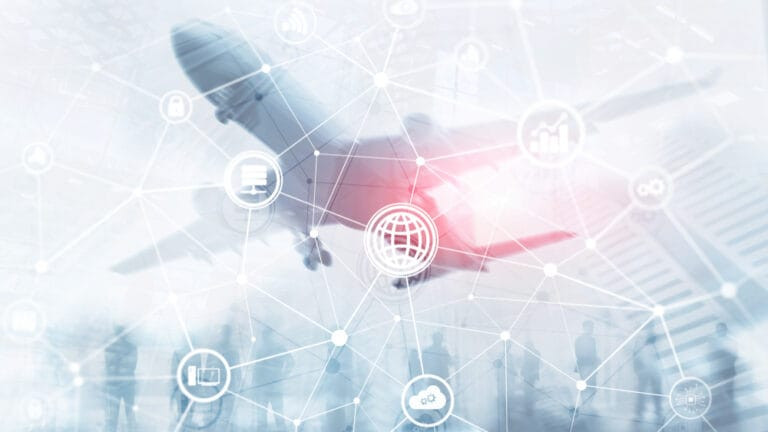From capacity forecasting to rate reconciliation, digital innovation is rapidly reshaping air cargo operations—but not without complexity. For CargoTech, a consortium of four technology companies, the answer lies in strategic alignment, modular thinking, and a grounded approach to artificial intelligence (AI).
“Primarily, a lot of my role has been trying to find synergies among the companies,” Michael Teoh, Head of Strategy at CargoTech, explained.
“Each of these companies is serving basically the functions within an airline… from network planning, revenue management, pricing, all the way to sales and distribution.”
The aim, he said, is not only internal efficiency but also a unified front to clients: “We paint a picture of what their capabilities are… and explain to [airlines] what we can offer, and how we can help them?”
A key differentiator for CargoTech, he noted, is the industry pedigree of its leadership: “All of them so happen to be coming from cargo, but they also have the love for technology… There is no need for us to go and explain the kind of problems.”
AI’s next chapter: Agentic intelligence
With AI becoming ubiquitous across sectors, CargoTech is moving beyond conventional use cases. Teoh said their current focus is exploring agentic AI—virtual agents capable of handling commercial functions in a more autonomous way.
“People are already asking the question: if I have a revenue management team of 30 analysts, can I drive this through an agent or bot… to make decisions even faster?” Teoh said. “That doesn’t mean it’s reducing the staff in the organisation, but it’s actually making the organisation run and see things from a different perspective.”
CargoTech has already begun testing ideas through hackathons and pilot initiatives. “Rotate had an off-site in Malaysia and ran a hackathon on how we can drive some of these conversations,” he said, adding that identifying the right functions for AI deployment will be a core focus over the next 12 months.
Humans are still at the core
While AI can boost productivity, Teoh stressed that the human element remains essential.
“AI is not yet at the stage where it can make a lot of decisions on its own,” he said. “It gives you a draft… but the tone of how you respond is very individual.” For now, he views AI as an enabler: “Probably for me to draft five emails… it takes me 15 minutes. But today, the draft could be done by AI, and I only need to fine-tune it.”
Among the most immediate use cases, Teoh highlighted automation of back-office processes like booking reconciliation and rate adjustments.
“If I tender cargo and charge a client for 1,000 kilogrammes, but they deliver only 800, the rate should technically change,” he explained. “Today there is a human who reconciles… but a bot or agent AI can start reconciling and making those changes automatically.”
He also noted that AI could eventually read contracts and recommend optimal pricing on services such as ULDs or pharmaceutical cases, reducing loss and increasing margins.
For CargoTech, success is measured not only in revenue or efficiency but also in customer trust and staff engagement. “If the same customers are asking for more or for other products, I believe that at least shows the confidence they have in CargoTech,” said Teoh.
He gave the example of one airline using a sales cockpit tool that led to a three to four percent increase in top-line revenue. “In the past, it’s not that we couldn’t [find opportunities], it just took a lot more time… and there were areas we missed.”
But it’s not just numbers. “Employees are much happier today,” he added. “They’re not doing as many mundane tasks. Now they come in and start analysing and having conversations with customers.”
Teoh was also clear about the flexibility of CargoTech’s approach: “We don’t go with a one-size-fits-all package. Our products can be used in a modular approach or as a full suite.”
This adaptability is crucial for a sector where airline IT maturity varies widely. CargoTech often co-develops solutions with early customers to ensure relevance.
“We believe that while we have the knowledge, we may not have all the knowledge… The only way is to work with someone who is in the business today.”
Summing up the company’s long-term approach, Teoh reflected: “I think if I would pick a word, it’s ‘journey’… You don’t change things overnight.”
Transformation, he said, is ongoing: “We work with [customers]… we see whether this problem can be solved by working with them, or maybe even with a few partners onboard. It’s not a six-month process. It’s continuous.”




